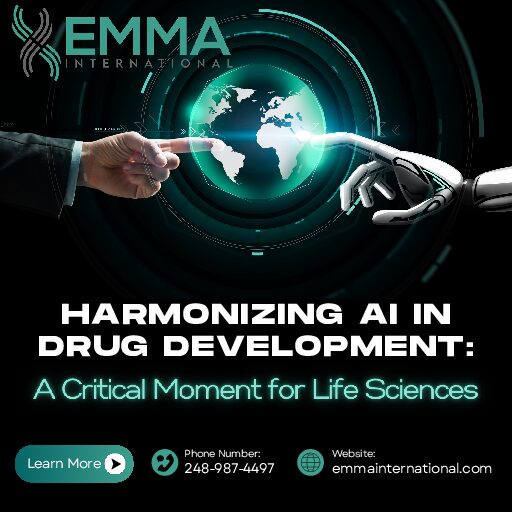In the pharmaceutical industry, the road from drug development to market approval is a complex journey governed by stringent regulations set forth by the FDA. Two key pathways for obtaining FDA approval are the New Drug Application (NDA) and the Abbreviated New Drug Application (ANDA). While both serve as gateways to market, they cater to distinct categories of pharmaceutical products. This blog aims to elucidate the differences between NDA and ANDA, shedding light on the intricacies of each regulatory process.
To start, the NDA is the regulatory pathway for innovative drugs and biologics seeking approval for the first time. Pharmaceutical companies must submit an NDA to the FDA to demonstrate the safety and efficacy of their novel drug before it can be marketed and sold to the public. The NDA process is extensive and involves comprehensive preclinical and clinical studies, providing a robust data package to support the claims of safety and efficacy.
Key Components of an NDA include:
- Preclinical Studies: Detailed studies conducted in vitro and in vivo to establish the safety of the new drug.
- Clinical Trials: Rigorous testing in human subjects, typically comprising three phases, to assess safety, efficacy, and dosing.
- Chemistry, Manufacturing, and Controls (CMC): Detailed information about the drug’s composition, manufacturing processes, and quality control measures.
- Labeling: Detailed information about the drug’s intended use, dosage, administration, side effects, and contraindications.
NDAs can be extremely resource-intensive, both in terms of financial and human resources.
In contrast, the ANDA is a regulatory pathway designed for generic drugs. Generic drugs are bioequivalent to the innovator (brand-name) drugs already approved through the NDA process. The ANDA pathway allows generic drug manufacturers to demonstrate that their product is equivalent to the innovator drug in terms of active ingredients, dosage form, strength, route of administration, and intended use.
In contrast with NDA’s, the components of an ANDA include:
- Bioequivalence: Comparative studies demonstrating that the generic drug is pharmacologically equivalent to the innovator drug.
- Chemistry, Manufacturing, and Controls (CMC): Similar to the NDA, this section provides details about the generic drug’s composition, manufacturing processes, and quality control.
- Labeling: Generic drug labels must closely match the labeling of the corresponding innovator drug.
- Patent Certification: Generic manufacturers must address any patents associated with the innovator drug, either by challenging the patent’s validity or waiting for patent expiration.
While ANDAs are “simpler” compared to NDAs, they are still an extensive process that manufacturers must be prepared to dedicate sufficient time and resources to. Additionally, manufacturers must prepare ANDAs through a different lens, by basing the necessity to approve their generic drug by comparing its safety, performance, and efficacy to an existing approved drug.
In conclusion, understanding the distinctions between an NDA and ANDA is crucial for pharmaceutical companies navigating the regulatory landscape. The NDA pathway is designed for innovative drugs, requiring extensive preclinical and clinical studies, while the ANDA pathway is tailored for generic drugs, relying on bioequivalence and patent considerations. Both pathways play vital roles in ensuring that safe and effective drugs reach the market, contributing to the overall health and well-being of the public.
EMMA International can support your drug product from concept to commercialization. Whether you will be pursuing an innovative new drug, or developing a generic pharmaceutical, EMMA’s experts are here for you! Call us at 248-987-4497 or email info@emmainternational.com to learn more!
FDA (Oct 2014) Different Types of Applications retrieved from: https://www.fda.gov/drugs/how-drugs-are-developed-and-approved/types-applications




